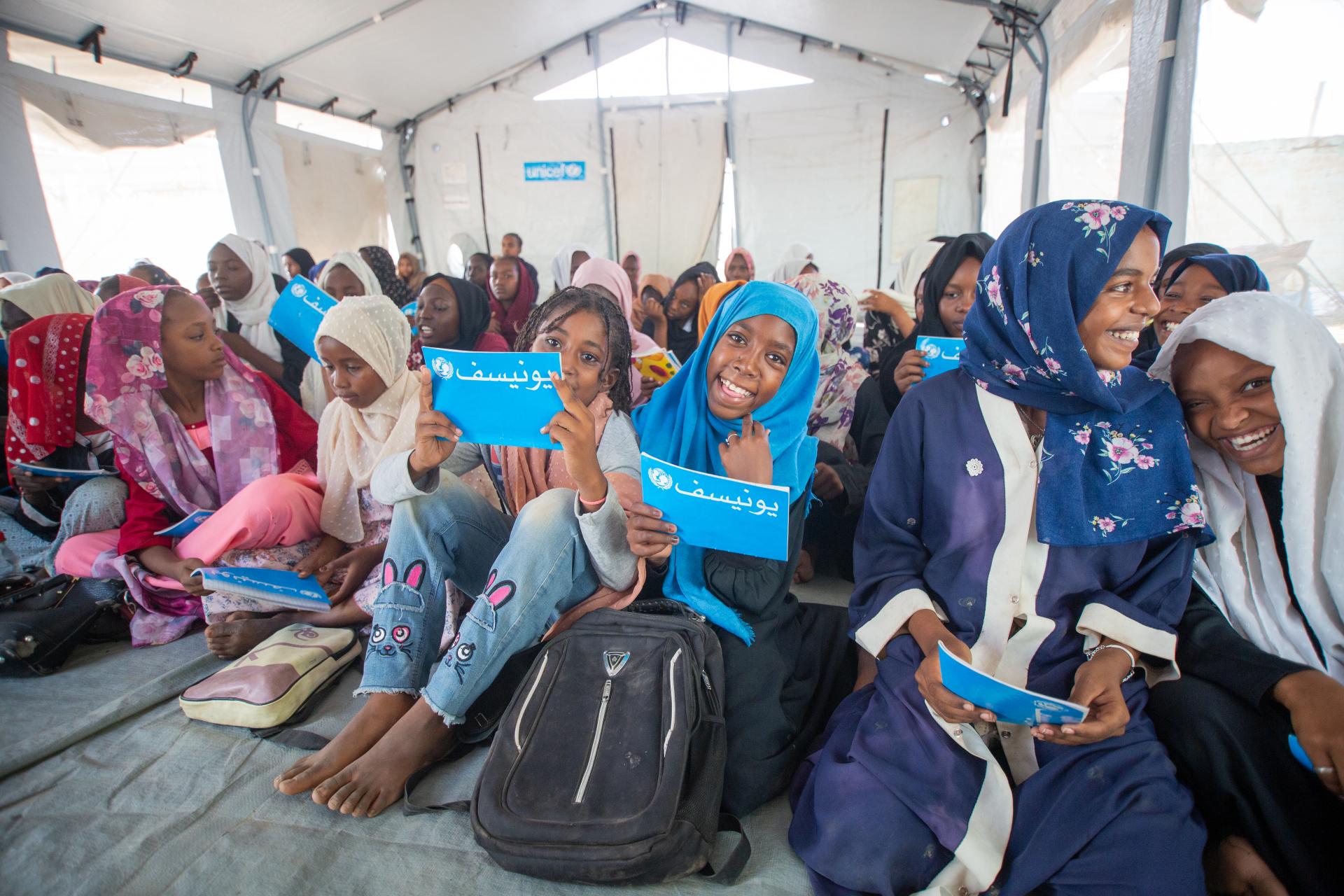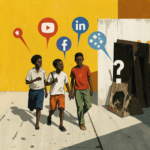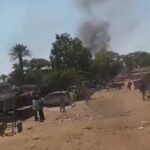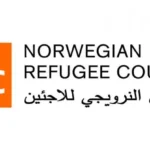Children in Sudan have endured more than 200 days of the conflict that has left millions broken, traumatized, and shattered.
Close to 3 million children have been forcibly uprooted from their homes and in urgent need of food, shelter, water, and peace. The largest child displacement in world.
The mass displacements are severely putting at risk the health and well-being of about 24 million. Millions of children are facing multiple risks of grave violations – killing and maiming, child recruitment, violence, rape, and more as the war continues.
While more children remain on the move, millions are trapped in Khartoum, Darfurs and Kordofans, areas that remain unsafe.
Within the country and across the borders, UNICEF remains present and together with partners, are delivering critical services, programmes and supplies for children and families in urgent need of assistance and saving lives.
Today, more than ever, UNICEF requires flexible funding to urgently deliver on its crisis response but importantly save lives of children and their families in an ever changing and volatile situation.
This is how flexible funds are enabling UNICEF reach children in hot spots and other areas across the country.
Saving lives in Darfur

The health and nutrition situation of children in Sudan is appalling. About 14 million children will not receive the essential services they require to survive and thrive if the war continues. While UNICEF and partners relentlessly deliver critical services, millions of children and their families remain at risk.
With the ongoing interruptions, millions of children are at risk of missing lifesaving vaccinations, nutrition care and treatment for millions suffering from severe acute malnutrition and treatment from illnesses especially among children under five years, following disease outbreaks.
Despite challenges and various impediments, UNICEF is moving critical supplies to communities that need them urgently – both in hot spots and safe areas.
With timely flexible funds, UNICEF can transport and deliver essential health and nutrition supplies as well as support the continuation of lifesaving health and nutrition services in Darfur.

At the stabilization centre in AbuShock IDP camp in North Darfur, Mama Aziza soldiers on.
During the volatile times, she attends to malnourished children fighting for their lives. UNICEF is delivering therapeutic supplies like milk and ready to use therapeutic food to support the recovery of affected children.
“The situation has worsened because people have less to eat.” A huge number of children are exposed to severe malnutrition,” Aziza shared.
Even during the crisis, UNICEF remains the sole provider of lifesaving ready-to-use-therapeutic food (RUTF) required to treat the most serious child malnutrition cases.
Stopping the cholera outbreak
Disease outbreaks like measles, dengue fever, malaria and acute watery diarrhea or cholera are threatening the lives of vulnerable communities especially children as the health systems greatly affected by the conflict remain at the brink of collapsing.
In Gedaref, Madani, South Kordofan and Khartoum states confirmed cases of acute watery diarrhea or cholera have been reported and are increasing.
Flexible funding has enabled UNICEF through its partners to quickly respond to the outbreak through an integrated multisectoral cholera response plan to prevent its spread to other areas especially those congested with displaced people.
The response has ensured the establishment of oral rehydration therapy corners, daily chlorination of water sources, prepositioning and distribution of critical water, sanitation and hygiene supplies like soap, purification tablets and containers as well as activation of door-to-door community awareness sessions on the dangers of the life-threatening disease in the affected states.
Critical to the response is promotion of effective handwashing with clean water and soap, a simple practice that keeps hands free from germs.
Timely scale up of the response in affected states and preparedness in other states remains a priority for UNICEF.
Safe spaces for children during conflict

UNICEF Sudan/2023/Mohamdeen

UNICEF Sudan/2023/Mohamdeen
About 19 million children in Sudan are waiting for schools to open so they can learn. Away from schools they remain at risk of abuse and recruitment by armed forces especially during the ongoing conflict.
Across the country and beyond the borders, children cannot wait to see their friends and teachers, critical support systems they need to survive during the tough times.
With flexible funding UNICEF is setting up safe learning spaces where children can play, access learning activities, foster friendships, act, debate, draw, bond and just be children.
The safe learning spaces are promoting a feeling of normalcy for millions of displaced children and those from host communities.

At Al Maimona gathering point Hantob Gezira state, over 600 displaced children and those from host communities are registered at the safe learning space – where they benefit from age appropriate and inclusive learning and other activities including those that they previously enjoyed at their schools like daily assemblies where they sing the national anthem.
The children have also received supplies from UNICEF like books, pencils, and bags.
“We finally have notebooks and pens to help us remember what we learn,” Mehad, a teenage girl shared.

13-year-old Mehad loved going to school. The war that uprooted her family from Khartoum continues to deprive her and brothers from attending school. While they longed to return to school, the gates remain closed.
Thankfully, a safe learning space established close to her new home that they frequent with a lot of joy.
The innovative e-learning centres
During the conflict, UNICEF’s elearning centres are safe spaces where children frequent to interact, play and have fun. While here, they also have access to small digital tablets with child friendly and simplified content where they can catch up on learning, learn at their own pace catch up, access simplified lessons and games plus learn through play.
With unrestricted funding, UNICEF has been able to quickly set up e-learning centres in various states to support individualized learning for displaced children and those in host communities as children await school reopening.
Mental health support for children
Children exposed to conflict face severe emotional stress that can impact their mental health for a lifetime.
At the child friendly spaces, children affected by the conflict can interact with trained social workers for mental and psychosocial support to support their healing. The social workers listen and provide age-appropriate support that is benefiting millions of children that frequent the spaces.
Despite the challenges, with timely flexible funds, UNICEF is responding quickly and currently scaling up its emergency response across different interventions including nutrition; water, sanitation, and hygiene (WASH); child protection and health in safe states hosting millions of displaced communities and in hot spots to benefit those trapped in war, saving lives, and protecting the rights of children.








